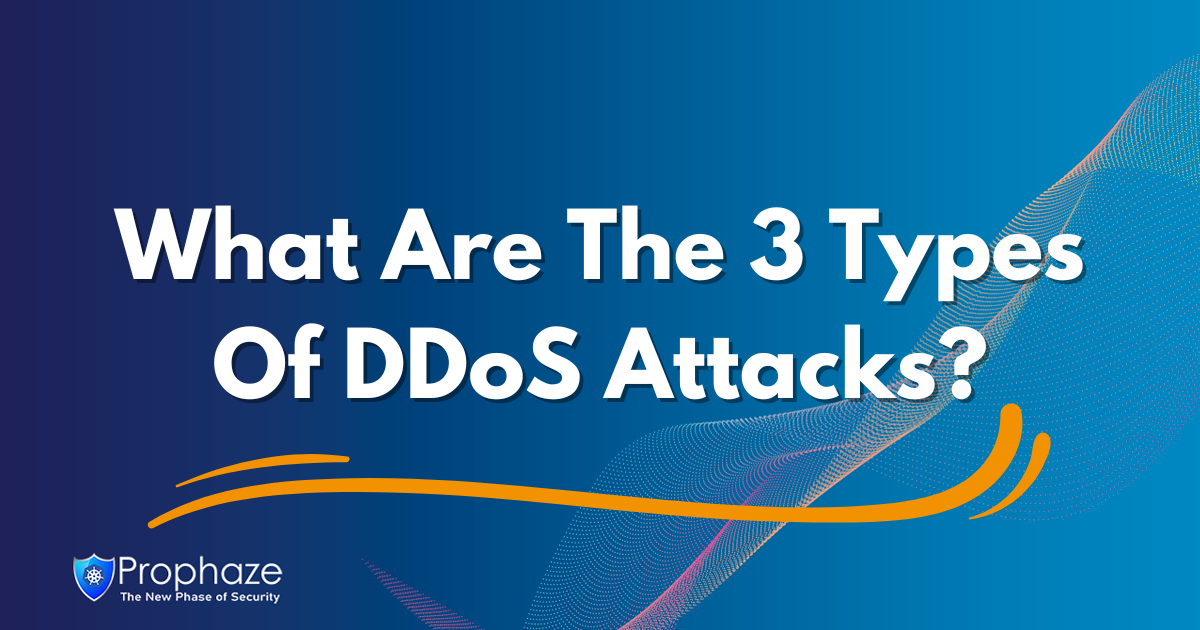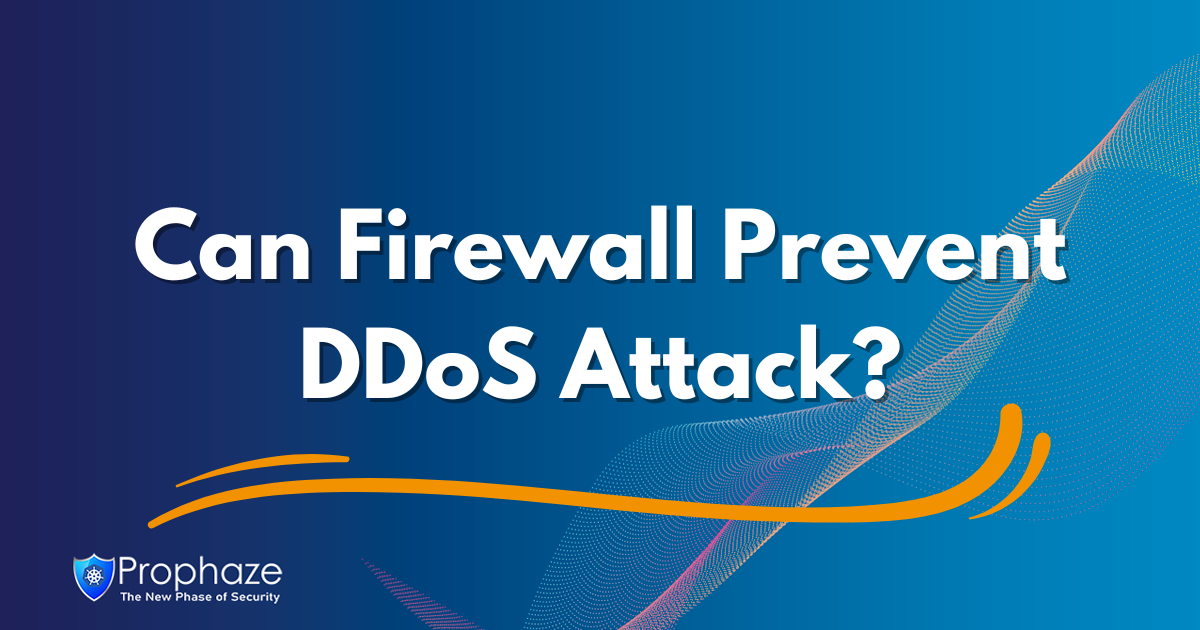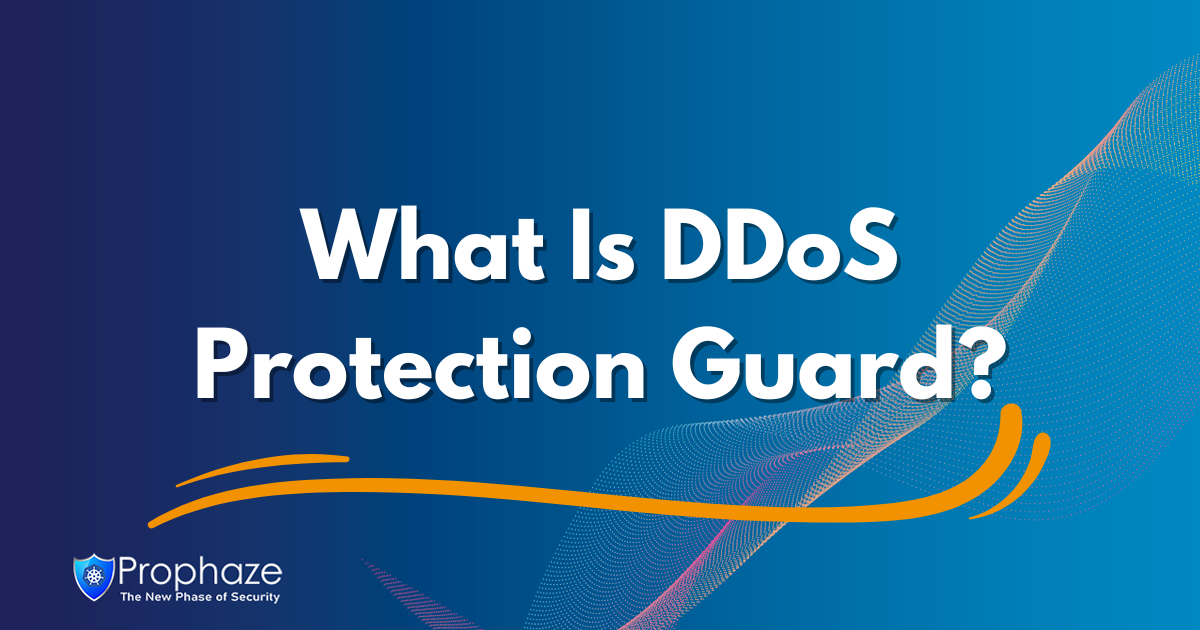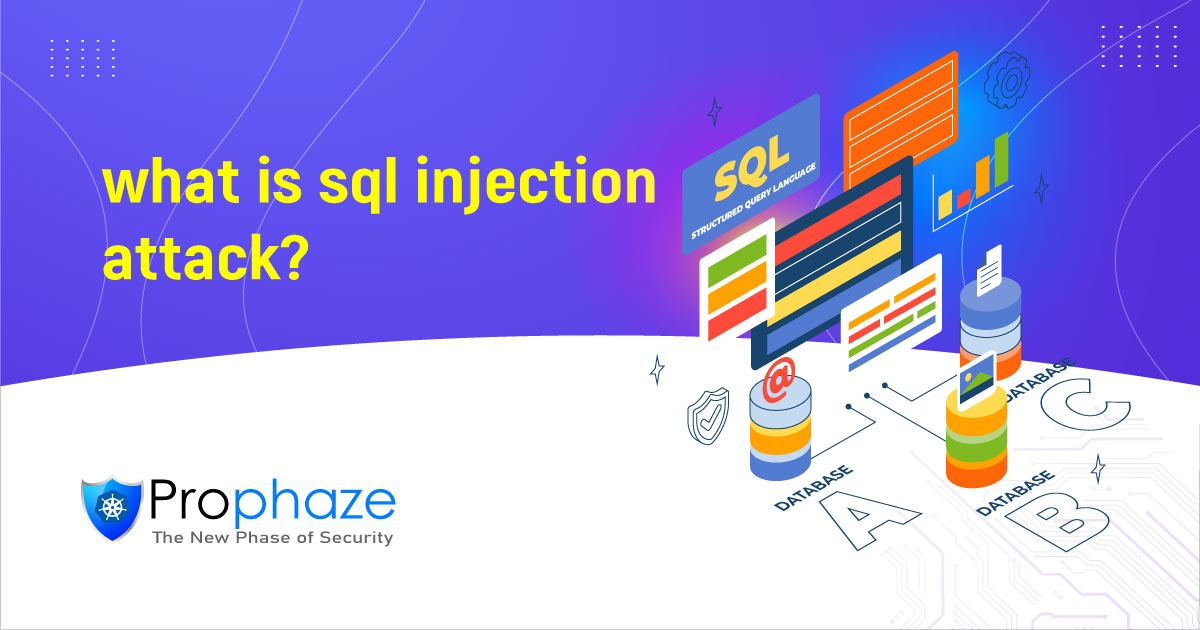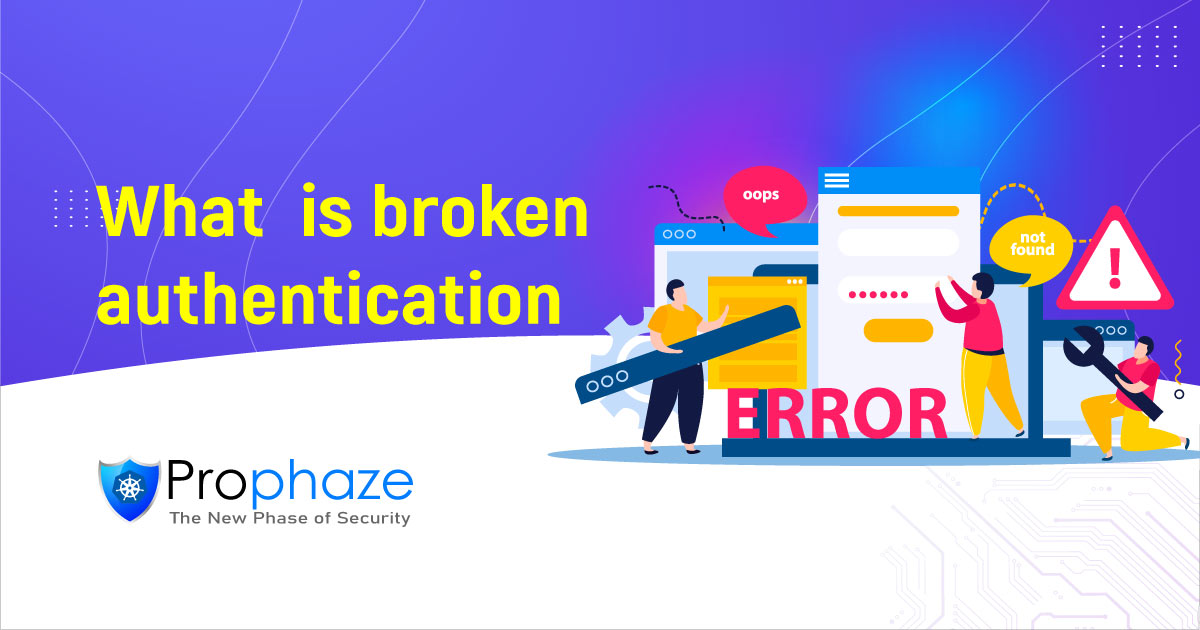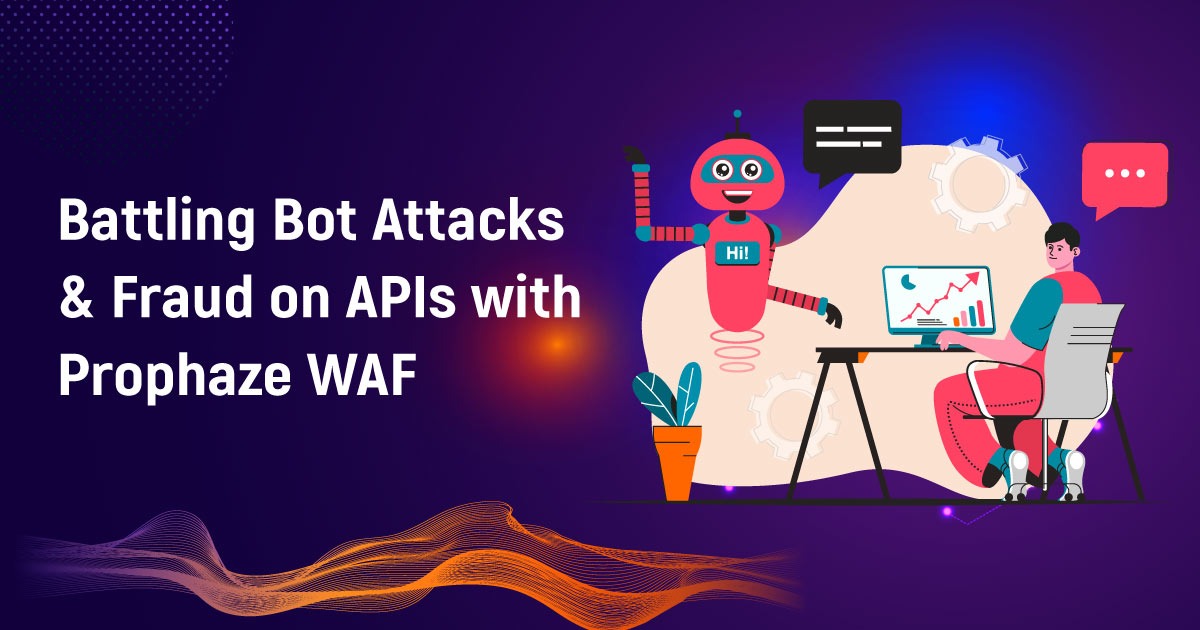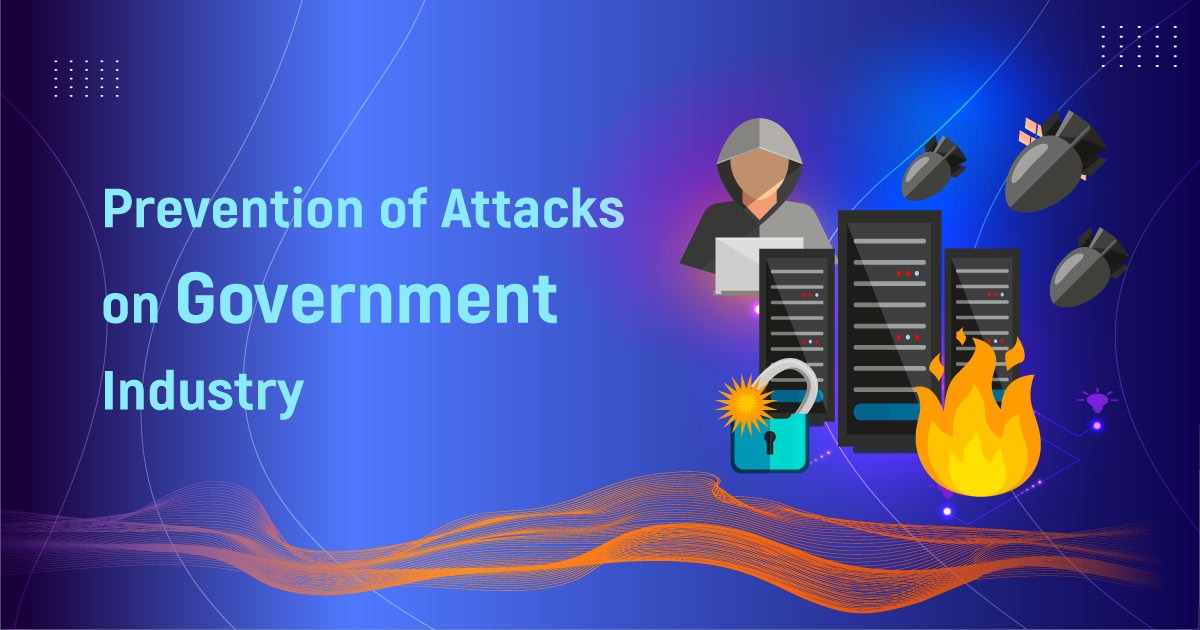Secure Your Online Presence with Powerful DDoS Protection Software
DDoS attacks are one of the most common and damaging forms of cyberattack. They entail flooding a target system or network with connections or requests to limit access to only authorized users. DDoS attacks can have a significant financial and reputational impact and further disrupt business operations.
To defend against DDoS attacks, organizations rely on DDoS protection software. DDoS attacks can be detected and mitigated using software developed to protect network integrity and availability. It offers a variety of features and abilities to repel these attacks effectively. The following are some essential features of DDoS defense software:
Traffic Monitoring and Analysis:
DDoS protection software continuously monitors network traffic and analyzes it in real-time to identify unusual patterns or anomalies. It uses sophisticated algorithms to differentiate between legitimate and malicious traffic, allowing it to detect and respond to potential DDoS attacks quickly.
Scalability and performance:
DDoS protection software helps to withstand large-scale attacks with massive traffic volumes. It has the scalability and performance required to mitigate high-volume attacks while maintaining the availability of legitimate services.
Traffic Filtering and Rate Limiting:
Filtering incoming traffic and blocking malicious requests is one of the primary functions of DDoS protection software. It employs techniques that include rate limiting, IP filtering, and DNS-based blocking to ensure that only legitimate traffic reaches the target network.
Behavioral Analysis and Anomaly Detection:
DDoS protection software employs anomaly detection and behavioral analysis mechanisms to detect unusual patterns in network traffic. When deviations from normal traffic behavior occur, it raises alerts or initiates mitigation measures, indicating a potential DDoS attack.
Automatic Mitigation and Traffic Diversion:
When a DDoS attack is detected, the protection software begins mitigation measures automatically. Include sending traffic to dedicated scrubbing centers or using traffic diversion techniques to filter out malicious requests and send only clean traffic to the target network.
Reporting and analytics:
DDoS protection software offers thorough reporting and analytical capabilities that let businesses learn more about attack patterns, traffic flow, and the efficiency of mitigation measures. With these insights, organizations can improve their DDoS defense tactics and make wiser choices to enhance their general safety posture.
It is impossible to overstate the significance of DDoS protection software. By implementing effective DDoS protection software, businesses can actively defend against DDoS attacks while minimizing the impact on their networks, services, and users. It maintains business continuity, guarantees the availability and integrity of vital resources, and protects the reputation and confidence of clients.
Conclusion
Any comprehensive cybersecurity strategy must include software for DDoS mitigation. It enables companies to quickly recognize, mitigate the effects, and respond to DDoS attacks. DDoS protection software is crucial for bolstering network defenses and guaranteeing the availability and integrity of digital assets because of its cutting-edge features and capabilities. Businesses should invest in dependable DDoS protection software to minimize the risks created by DDoS attacks and ensure continuous operations.

